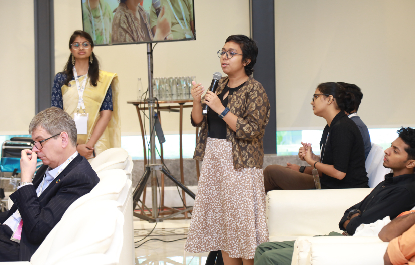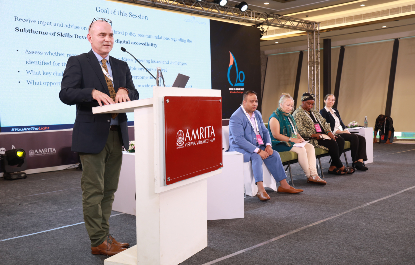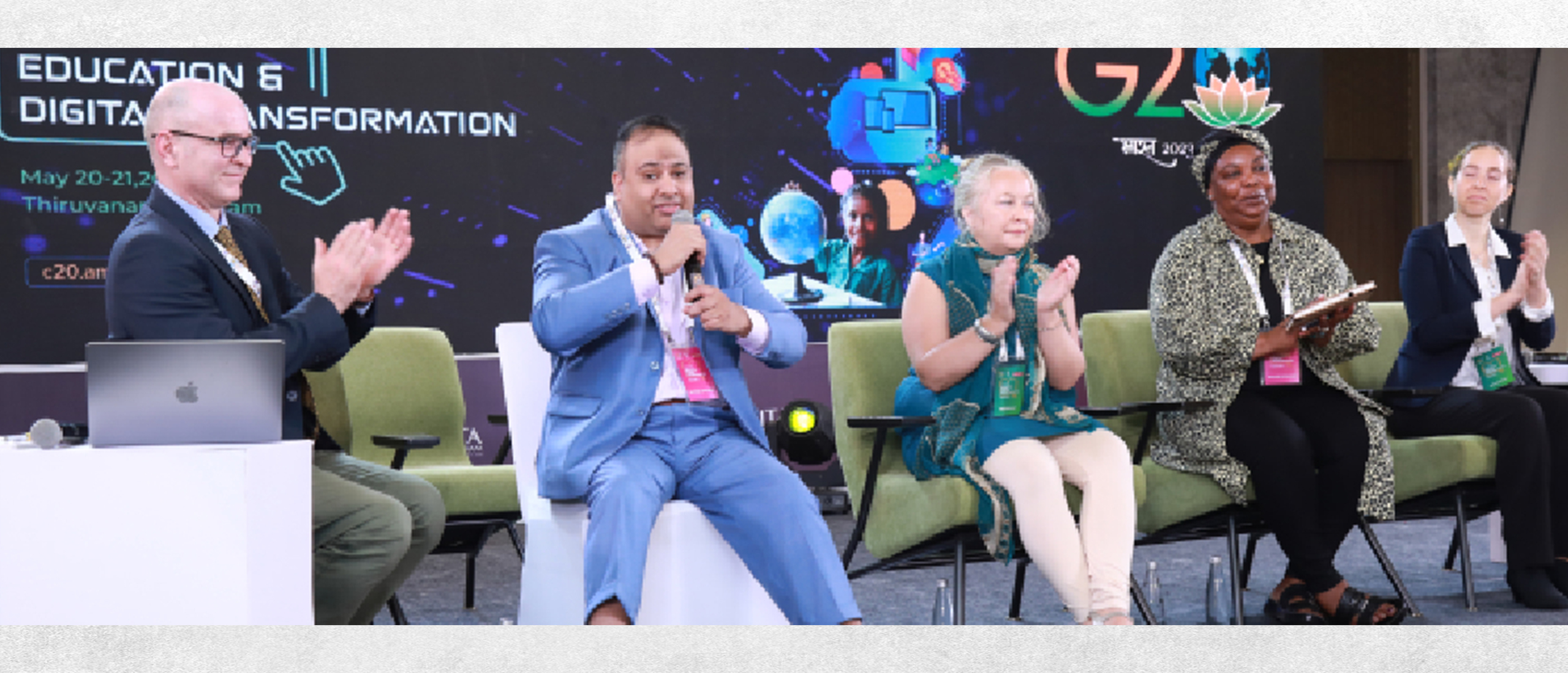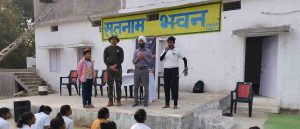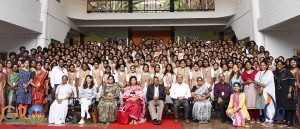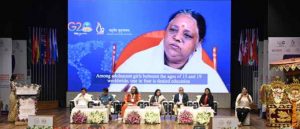As part of the Civil 20 Education and Digital Transformation Summit a panel discussion on Skill Development and Digital Accessibility took place on 20 May. Dr. Joost Monks, Executive Director, Humanitarian Quality Assurance Initiative, Switzerland, moderated the panel. The panelists were Atul Bhatara, Entrepreneur, Author, Motivational Speaker, USA; Lindsay Spinks, Community Screenings Coordinator, Down to Earth Films, UK; Lindy Wafula, CEO of Village Ventures, Kenya; and Amira Suliman, Amrita Virtual Academy, USA.
Dr. Joost Monks emphasized the importance of skill development for sustainable development, poverty reduction, and access to decent work. The G20 global skills exchange framework must incorporate ways in which digital platforms and skill profiling tools are leveraged, fair migration facilitation, standardized showcasing of skills, prioritizing skills for start-ups, fostering a transnational approach, recognizing entrepreneurial skills, promoting digital skilling inclusivity, ensuring equitable access to resources and training, facilitating mobile tech provision, encouraging global tech collaboration, addressing youth disengagement, revising education models, and enhancing educational systems.
Mr. Atul Bhatara shared his spiritual journey and faith, overcoming challenges in school and life. He emphasized the importance of attention to skills and unique abilities, sharing his experience of undergoing an operation and the mental agony his parents faced. He stressed the need for love and compassion for disabled children.
Ms. Lindsay Spinks places great importance on supporting indigenous tribes residing in the Amazon forest by providing essential infrastructure, financial assistance, and inclusive technologies. She strongly advocates for women’s empowerment and the propagation of their wisdom sharing. Her vision is to create a sustainable and inclusive world where the voices and wisdom of indigenous peoples and women are both valued and respected.
Ms. Lindy Wafula underlines her dedication to developing global collaboration to support women by offering scholarships and funding vocational training programs, empowering them, and providing resources for their education and professional advancement.
Ms. Amira Suliman discussed a case study involving youth using phones to instill a love for nature and solve ecological problems. The program combines technology, engaging activities, and philosophy to promote a sustainable global society driven by a passion for nature. The learning process includes engaging activities and draws inspiration from philosophy and diverse cultures to appreciate nature.
The Q&A session that followed prompted a discussion about promoting skills at school, incorporating physical activities, and introducing traditional arts and crafts. Some of the key points that came up include the importance of emotional self-regulation, character-building, and responsible citizenship.
Some of the recommendations proposed include mandatory skill-based education training and its incorporation into education policies while highlighting the importance of empowering women, promoting digital literacy, and fostering an inclusive mindset for indigenous communities.
